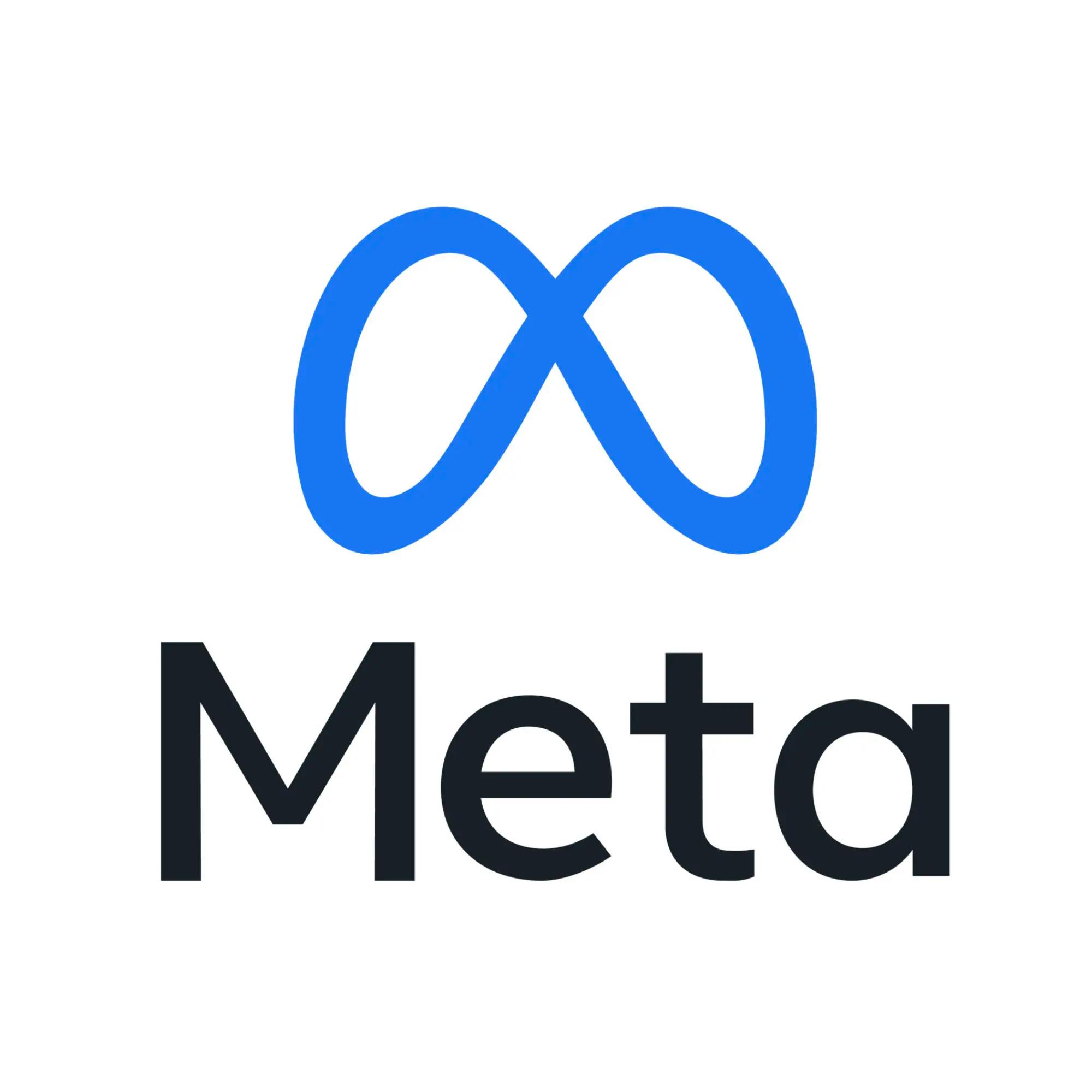April 3, 2024|6 min reading
Justine Tunney Revolutionizes AI with Enhanced llama.cpp Performance

Are you ready to ride the wave of the latest AI revolution? Just when you thought the cutting edge of language models couldn't get any sharper, along comes Justine Tunney with a groundbreaking update to llama.cpp. This isn't just another incremental upgrade; it's a full-throttle performance boost that's setting the AI community abuzz. Whether you're a seasoned developer, an AI enthusiast, or simply curious about the future of technology, this blog post will give you the inside scoop on Tunney's latest masterpiece. Fasten your seatbelts; we're diving deep into how these new kernels of linear algebra are redefining what's possible with AI on your home computer.
Justine Tunney's Latest Masterstroke: A Quantum Leap for llama.cpp
The AI revolution has been steadily gaining momentum, transforming how we interact with technology on a fundamental level. However, the real game-changer is making these advanced capabilities accessible to a wider audience. This is where Justine Tunney, a renowned hacker and former Google programmer, steps in with her latest contribution to llama.cpp, a language model that's been on the tip of every tech enthusiast's tongue.
The Genius Behind the Boost: Reimagining Linear Algebra Kernels
At the heart of neural networks and, by extension, AI itself, lie matrix multiplications - operations that are as complex as they are critical. Tunney's approach was nothing short of revolutionary. By rewriting the linear algebra routines responsible for these matrix multiplications and employing the latest AVX-512 and ARM dotprod vector instructions, she managed to quintuple execution speed on recent processors from Intel, AMD, and ARM.
Memory Optimization: Slicing Through Bottlenecks
But why stop at processing speed? Tunney also tackled one of the most persistent hurdles in computing: memory optimization. The days of calculations being bogged down by RAM access are over. Thanks to her ingenious use of L2 cache management and prefetching techniques, data loading times have been cut in half. This not only speeds up the processing time but also significantly enhances the efficiency of llama.cpp and other compatible models.
The Result: Blazing Speeds on Modest Configurations
Thanks to Tunney's optimizations, llama.cpp now operates with clockwork precision on even the most modest of setups. Forget the exorbitant costs associated with CUDA cores; a decent processor and a bit of RAM are all you need. This level of accessibility could very well democratize AI, breaking down financial barriers to entry. And the best part? Her code is available on GitHub, written in C++ with zero external dependencies, making it compilable on a variety of operating systems, including Linux, macOS, Windows, FreeBSD, and even SerenityOS.
Looking Ahead: Reducing Memory Footprint and Expanding Accessibility
Tunney's vision doesn't end here. She's already working on supporting new data formats like FP16 and BF16 to further reduce memory footprint. Her goal? To run the most demanding AIs on devices as compact as a Raspberry Pi. This isn't just innovation; it's a revolution, promising to bring advanced AI capabilities to the palm of your hand.
The Broader Impact: A Shift in the AI Paradigm
This development signifies a pivotal shift away from proprietary, hardware-dependent AI solutions towards a more open, optimized approach. While giants like Nvidia continue to push their proprietary graphic accelerators, Tunney and like-minded hackers and free software advocates are proving that control over technology can remain in the hands of the users, with open code and optimized performance.
Try It Yourself: Witness the Transformation Firsthand
The real testament to Tunney's work, however, isn't just in the technical details—it's in the experience. I encourage you, the reader, to test these kernels for yourself and witness the difference firsthand. This isn't just about faster computation times; it's about what those times represent. Accessibility, efficiency, and the democratization of technology are the true markers of progress in the technological landscape.
In Conclusion: A New Dawn for AI Accessibility
Justine Tunney's enhancements to llama.cpp are more than just a technical achievement; they're a beacon of progress in the ongoing AI revolution. By making advanced AI models more accessible, Tunney is not only pushing the boundaries of what these models can achieve but also who can use them. The implications are vast, from education and research to innovation and development, opening up new possibilities for individuals and communities around the globe.
This is the kind of technological advancement that doesn't just change how we use computers; it changes what we imagine possible. As we stand on the brink of this new era of AI accessibility, one thing is clear: the future is not only intelligent; it's inclusive.
And there you have it—a detailed look at Justine Tunney's groundbreaking work with llama.cpp. Whether you're in the tech industry or just a curious bystander, this development marks an exciting step forward in the evolution of AI. What are your thoughts on this innovation? How do you see it impacting the future of technology and society? Share your thoughts and let's spark a conversation about the endless possibilities that lie ahead.
Tools referenced
Explore more

Elon Musk’s Vision: AI, Mars, and a Future of Abundance
Explore Elon Musk’s predictions on AI, Tesla’s Robotaxi plans, Starship’s Mars mission, and the role of robots in a futu...

Black Forest Labs Launches API for Faster Image Generation with Flux1.1 Pro Model
Black Forest Labs unveils its Flux image generator API, providing developers fast, high-quality image generation options...

WebFill: The Ultimate AI Tool for Form Filling, Surveys, and Data Entry
Explore WebFill, an AI-driven tool for automated form filling, survey completion, and data entry. Discover its powerful ...

